This first annual ReNew2030 report focuses on stories of impact from the field, set against a backdrop of international statistics showing progress in wind and solar and reflecting on whether we are on track to meet our goal.
Read our reportThese countries hold the key to bending the emissions curve – and ReNew2030 exists to help tip the balance. By supporting catalytic partnerships, driving strategic influence, and backing projects with real-world impact, ReNew2030 is working to reshape energy systems in ways that are just, inclusive, and grounded in local priorities.
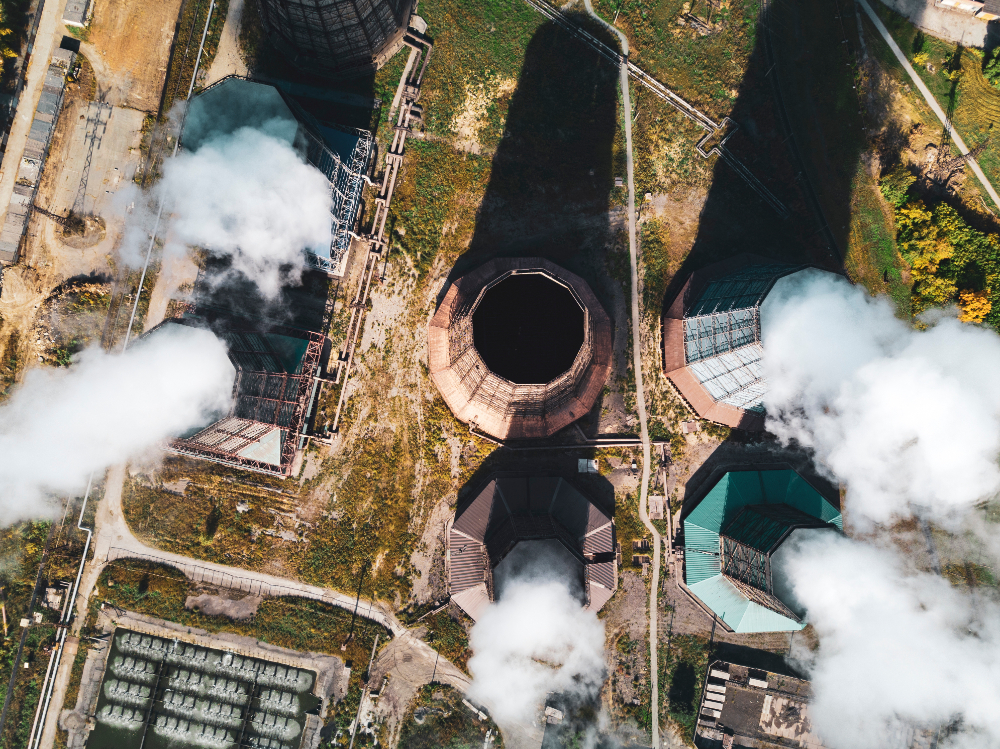
In 2024, ReNew2030 regional partners made remarkable progress across diverse geographies, often navigating complex and volatile contexts. Despite these challenges, regional climate foundations remained resilient, ambitious, and solutions-driven to deliver tangible results.

In Nigeria, the African Climate Foundation (ACF) and its partners have been at the forefront of expanding renewable energy investment, fostering public-private partnerships, and unlocking new funding streams to accelerate the energy transition. Their efforts span multiple states, demonstrating how targeted interventions can drive system-wide change.

In South Africa, efforts have focused on strengthening capacity among key organisations and communities to advance renewable energy solutions. With ReNew2030’s support, ACF established a civil society and communications network with expertise in energy planning, climate adaptation, and development.

In the United Kingdom, the government has committed to a 2030 power sector decarbonisation plan, allocating £40 billion annually to develop 75 GW of renewables and 20 GW of battery storage, alongside planned reforms to planning and grid connection processes. The ECF and its partners played a critical role in safeguarding these commitments and ensuring that decarbonisation remained a top-five priority for the new government.
In 2024, China sustained its strong momentum in renewable energy expansion, adding nearly 300 GW of wind and solar power, with distributed solar PV (DPV) accounting for almost half of this growth. However, key challenges – such as limited distribution network capacity, rural electrification gaps, and micro-grid constraints – continue to hinder DPV’s full potential. To address these barriers, Energy Foundation China launched targeted pilot projects in key provinces, testing scalable solutions for broader implementation.

Over the years, Tara Climate Foundation’s local partners, such as the Pakistan Renewable Energy Coalition, have worked to shape a more enabling environment for renewables. Even as a high sales tax on imported solar panels was proposed, their engagement contributed to maintaining favourable import conditions to improve affordability and access, which in turn supported a steady rise in solar adoption from 2022 through 2024.
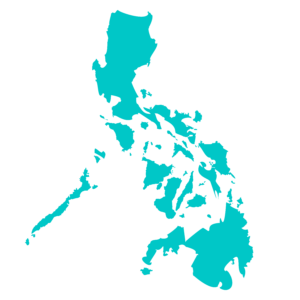
Catalysing offshore wind development in the Philippines, Tara Climate Foundation supported its partners in playing an important role in the first ever offshore wind masterplan feasibility study in the Philippines, laying critical groundwork for the country’s large-scale offshore wind development. The initiative was conceived by low-carbon transition investor Clime Capital and energy distributor Aboitiz Power Corporation, in partnership with the Rocky Mountain Institute, the US Trade and Development Agency, and Tara.
 Empowering communities through renewable energy projects in Mexico
Empowering communities through renewable energy projects in MexicoReNew2030 partner Iniciativa Climática de México (ICM) is driving community-led renewable energy through Ejido Solar, a transformative initiative that brings photovoltaic solar technology to rural communities in northern Mexico. The model enables ejidatarios (communal landholders) to develop solar power on their land in collaboration with local governments and private sector partners, ensuring community ownership and long-term benefits.
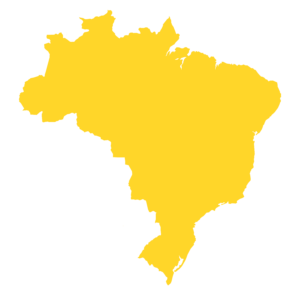
In Brazil, Instituto Clima e Sociedade (iCS), has advanced community engagement in renewable energy planning, ensuring that energy transition is both inclusive and locally driven. Through an interstate consultation in Pernambuco, Ceará, and Paraíba, iCS facilitated collaboration between affected communities and the state governments.
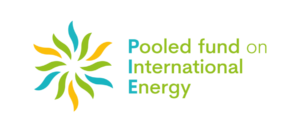
With support from its transnational partner, the Pooled fund on International Energy (PIE), ReNew2030 collaborated with the Global Renewables Alliance to host the first-ever Global Renewables Summit in September 2024 in New York. This gathering brought together governments, private sector, philanthropies, international organisations, and academia – uniting all key stakeholders for the first time to strategise on accelerating the global race to tripling renewable energy capacity.

The Sunrise Project played an important role in engaging financial institutions in global policy-making spaces. Through its flagship Global Finance Programme, Sunrise advanced efforts to align financial
systems with clean energy goals, drawing on insights from its work in Asia and Europe. One major initiative was the Sustainable European Central Bank coalition, calling for financial policies that facilitate the energy transition such as dual interest rates.
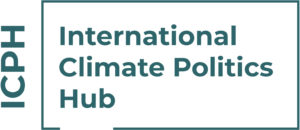
Another transnational partner, International Climate Politics Hub (ICPH), leveraged its trusted diplomatic network to push for progressive climate policy at the global level. Throughout the year, ICPH remained steadfast in its efforts, ensuring the most ambitious outcomes possible, despite a challenging
political environment. At COP29, where some parties sought to weaken last year’s Global Stocktake language on the energy transition, ICPH’s engagement was instrumental in holding the line.
The urgency and complexity of the challenge demand a whole system response. Governments, businesses, and communities must move in concert. To help overcome these barriers, ReNew2030 has identified seven strategic levers to drive change at both national and across regions – aligning efforts across geographies to accelerate the energy transition.
Barriers to scaling up wind and solar energy





Levers for accelerating the transition to renewable power systems







ReNew2030 amplifies its impact through media coverage, thought leadership, and high-profile platforms, ensuring its work reaches key audiences. TED talks, opinion articles in Financial Times Sustainable Views, and strategic engagements at COP29 have elevated its visibility, driving conversations on renewable energy.




